
International roundup: Reed Smith debuts in Atlanta with 15-partner team while Broadfield enters Hong Kong with Sidley trio
Reed Smith has opened a new office in Atlanta with a 15-partner team from Morris, Manning & Martin (MMM) and…

Reed Smith has opened a new office in Atlanta with a 15-partner team from Morris, Manning & Martin (MMM) and…

‘Saudi Arabia is trying to put itself on the map and establish itself as a place where international businesses want…
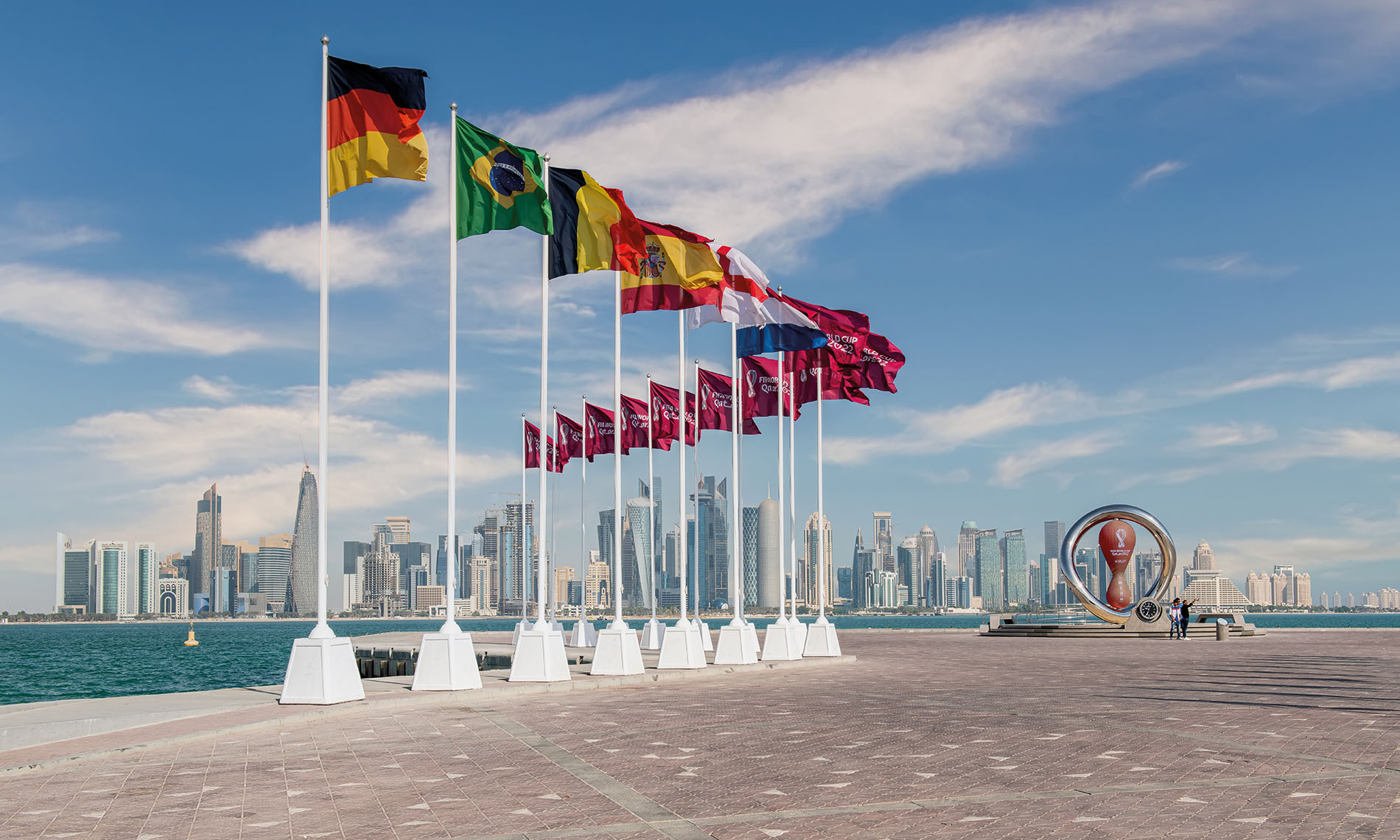
As the world moves on from the pandemic and growth is firmly back on the agenda at law firms, the…

While the same old story of political volatility continues to pervade in Africa, a bullish M&A market and renewed optimism…
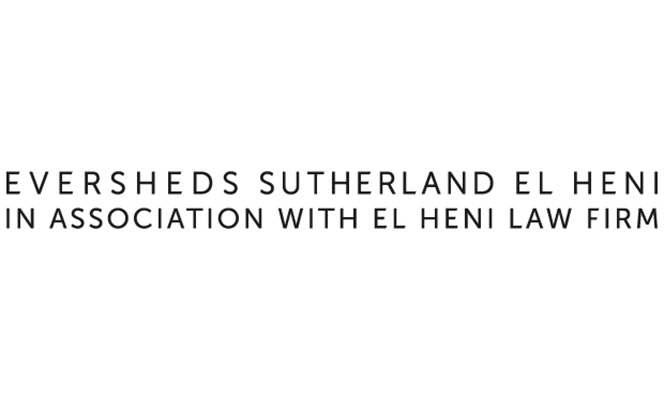
Can you give our readers an overview of Eversheds Sutherland El Heni Law Firm’s legal practice in Tunisia? We have…

13 Rue du Lac Tana, Les Berges du Lac I, 1053 Tunis, Tunisia T: +216 71 116 720 | E:…
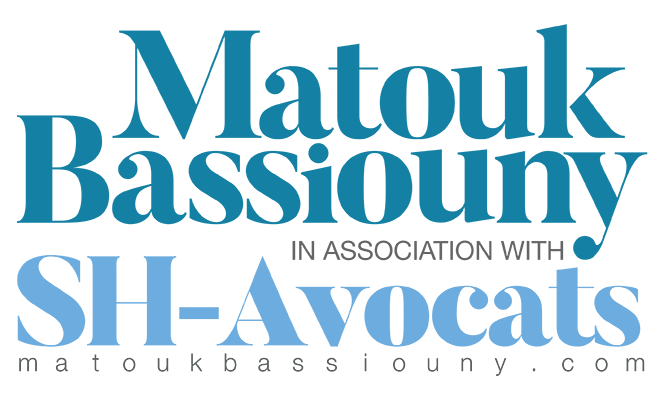
Can you give our Legal Business readers an overview of Matouk Bassiouny’s practice in Algeria? Matouk Bassiouny in association with…

1 bis, Chemin des Glycines, Algiers, Algeria T: +(213) 21 239 723 | E: info@matoukbassiouny.com | W: www.matoukbassiouny.com Practice areas:…
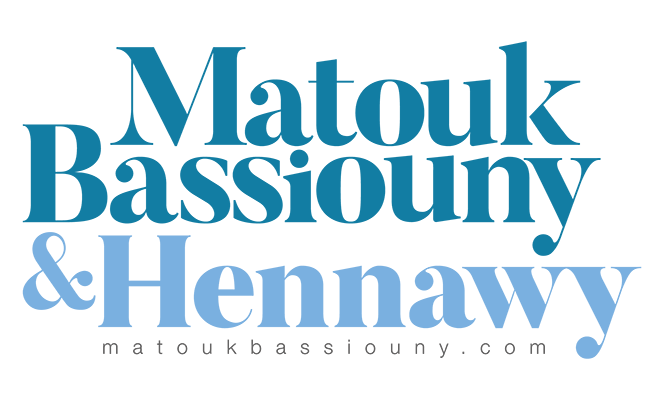
Can you give our Legal Business readers an overview of Matouk Bassiouny’s practice in Egypt? Matouk Bassiouny & Hennawy is…

12 Mohamed Ali Genah, Garden City, Cairo, Egypt T: +(202) 2796 2042 | E: Info@matoukbassiouny.com | W: www.matoukbassiouny.com Practice areas:…
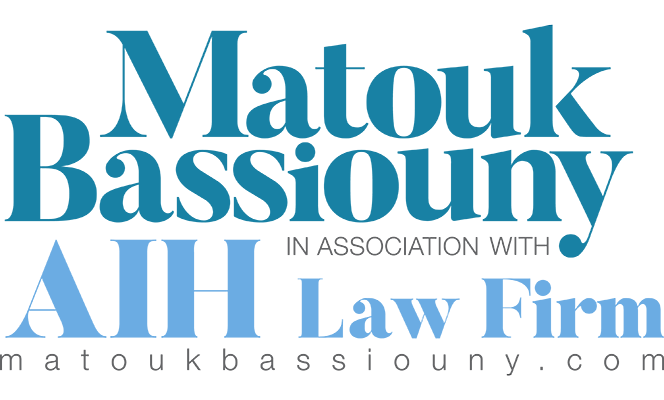
Can you give our Legal Business readers an overview of Matouk Bassiouny’s practice in Sudan? Matouk Bassiouny in association with…

Khartoum South, Plot No. 3, Block No. 1/KH, Khartoum, Sudan T: +(249) 183 483344 | E: info@matoukbassiouny.com | W: www.matoukbassiouny.com…

Office 601, Maze Tower, Sheik Zayed Road, Dubai, UAE T: +(971) 4289 2195 | E: dubaiinfo@matoukbassiouny.com | W: www.matoukbassiouny.com Practice…
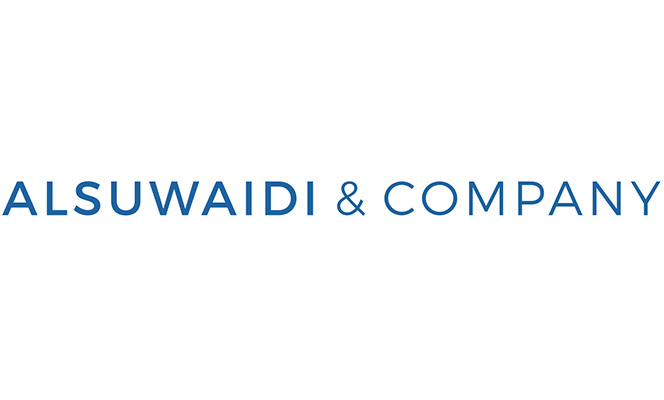
Robert Sliwinski, of counsel at Alsuwaidi & Company, explains how common law principles are transforming international arbitration proceedings in the…

Squire Patton Boggs has entered the Italian legal market with a four-partner Milan base while Norton Rose Fulbright has become the…

Dentons is to enter one of the few European jurisdictions missing from its sprawling international network by launching an outpost…

Rémy Gerbay looks at whether Africa could prove a suitable arbitration seat for US corporations Private investments by US corporations…

The global economy is slowing and so too is the Middle East. In April, the International Monetary Fund (IMF)almost halved…
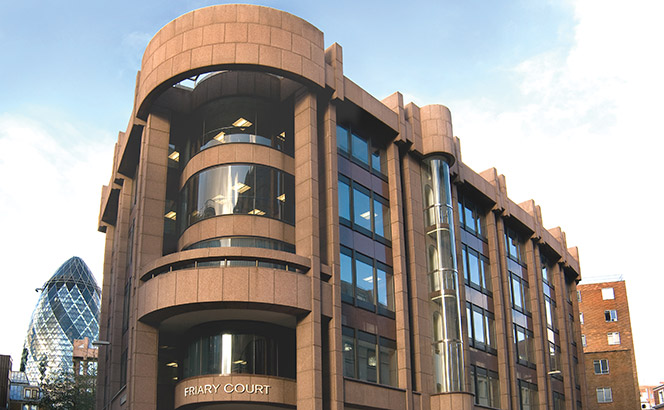
Maritime and insurance specialist HFW has set up a standalone consultancy arm, branded HFW Consulting. The new business, launched today (3…
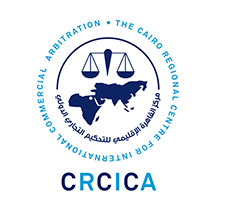
Ismail Selim and Dalia Hussein of The Cairo Regional Centre for International Commercial Arbitration provide a detailed breakdown of the…